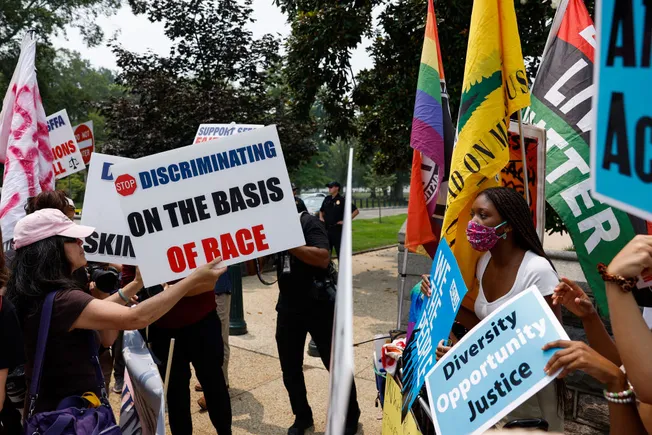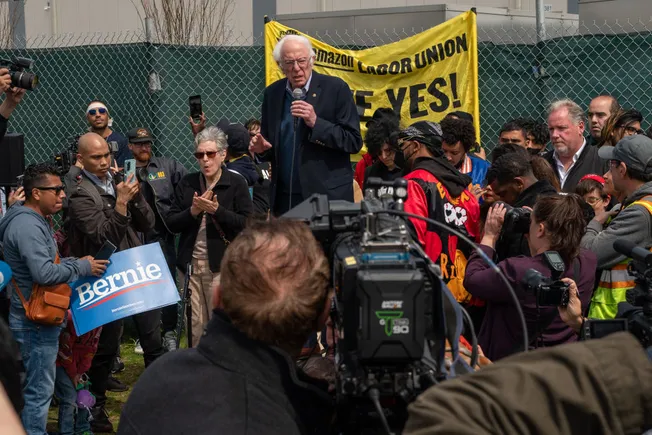Despite increases in revenue and employee productivity, U.S. manufacturers are reporting recruitment and retention challenges heading into the final quarter of 2024, according to an Oct. 3 report from UKG.
For instance 76% of manufacturers reported year-over-year revenue increases and 58% reported head count growth, yet 61% said they’re struggling to fill critical labor gaps.
In a survey of more than 300 HR leaders in manufacturing, nearly 70% said labor shortages impact their ability to meet production demands, and 40% said production delays occur at least once per week.
HR leaders pointed to the top five recruitment challenges, which have become more difficult in 2024: finding talent with the right experience; finding talent with the right skills; maintaining a strong talent pipeline; finding local talent; and competing with other manufacturers for skilled talent.
To improve retention, 71% of manufacturers said their front-line employees receive the same benefits as corporate employees, which include training and development opportunities (59%), advancement opportunities (59%), paid time off (58%), predictable work schedules (54%) and employee wellness programs (53%).
However, 73% of manufacturers said they’re struggling to provide a key benefit that front-line workers want — greater flexibility.
“In our survey, half of HR leaders at manufacturers agreed with the statement, ‘We have two separate cultures in our company: one for frontline employees and one for everybody else,’” Kylene Zenk, senior principal at the UKG Workforce Institute, said in a statement. “Due to the nature of their roles, frontline employees are increasingly susceptible to burnout, and they often lack the workplace flexibility that many desk-based employees enjoy.”
Among the top 10 workforce challenges facing manufacturers today, half involve people-related concerns rather than technology, according to an ABI Research report. Manufacturing decision-makers highlighted issues such as recruiting, retaining and upskilling workers.
As industry leaders anticipate a shortfall of nearly 2 million workers in coming years, many manufacturers are using training and mentorship programs to build talent pipelines and prepare workers for leadership roles. These programs can help with upskilling and reskilling among incoming and existing workers, as well as create inclusive environments for underrepresented communities.






Leave a Reply